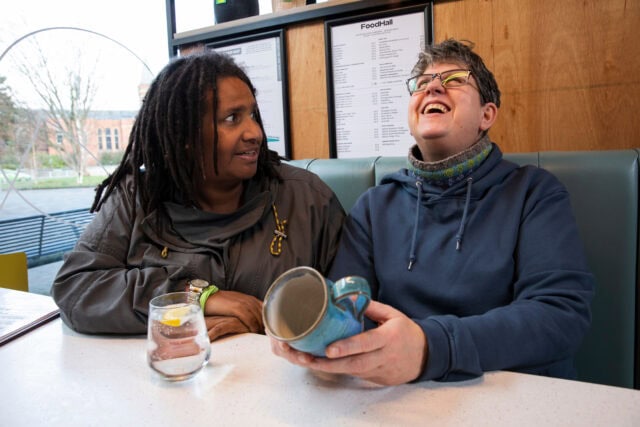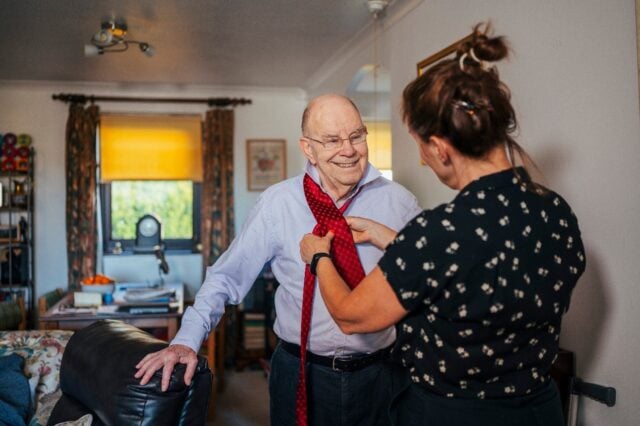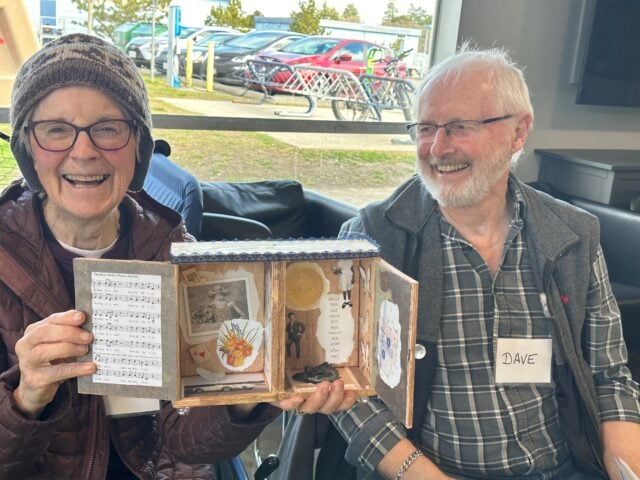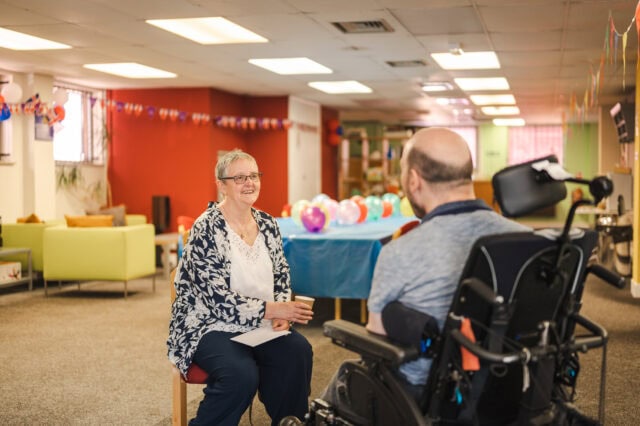By Dr. Jim Mann
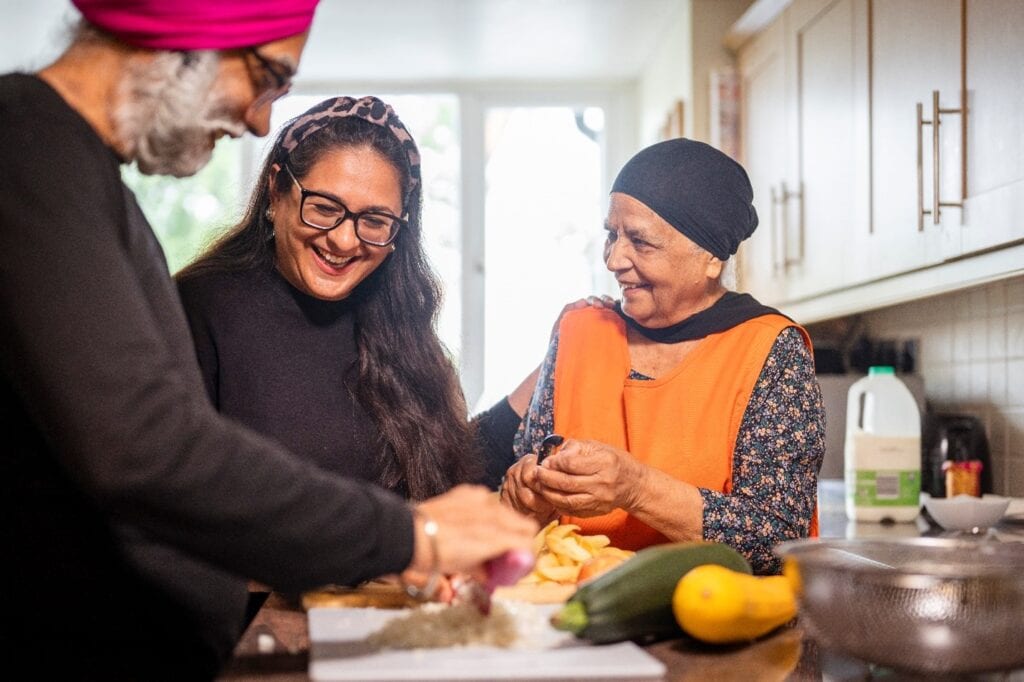
I remember how it felt when the doctor said to me — “You have dementia.” As much as I was expecting it, it still was a surprise, shock perhaps, to hear the words out of the doctor’s mouth. Some people have referred to this moment as a punch in the stomach. Others have expressed relief that what they have been experiencing has a name. So, you are probably thinking, now what? And, really, at that point the questions in your head keep coming, one after the other.
This can be the start of a period of uncertainty, which is unsettling and disorienting. It is indescribably helpful to have a trusted resource of information provided by people who are living with dementia, their care partners, and other dementia specialists who want to support and help you live well with dementia.
It is often said that if you have met one person with dementia, you have met one person with dementia. We all have different backgrounds, different experiences at home, at work, and culturally, so every person diagnosed with dementia will encounter different challenges and opportunities. No matter your background the message is still the same. Take a breath, reflect on your diagnosis and learn a bit more about actually living with dementia. Then, continue on with living. Find a purpose, that reason to get out of bed in the morning. Life continues as you will read below.
Until I started looking, I didn’t realize there are very few online tools that support independence and personhood for people living with dementia. But the three I did find I think are excellent!
Jim’s resource recommendations:
Flipping Stigma Toolkit
This toolkit was created by an Action Group of People living with dementia and I think is fabulous, although as co-Primary Investigator I am biased! It is practical, well organized, positive, and offers tips through videos and recordings made by real people living with dementia.
Alzheimer Society of Canada
The Alzheimer Society is a great resource for information. The Alzheimer Society of Canada has a site as do all the provinces (Ontario has 30-something chapters and I believe Quebec has chapters as well) and each has added their own touch to the general website.
Dementia Action Alliance (USA) Pathways to well-being with dementia: A manual of help, hope and inspiration
https://daanow.org/pathways-to-well-being-with-dementia/
As a participant in the development committee and also as a contributor to various sections in this [huge] manual – once again I’m biased! – I think this is great production. It is from the United States so there are some portions of the manual that have no bearing on the Canadian situation, e.g. health care, but overall it is a good resource. I think of the manual like an encyclopedia, it’s a go-to when you want to get information and not something you read cover-to-cover in a few sittings.
_ _ _ _

This article was contributed by Dr. Jim Mann, a researcher and advocate who was diagnosed with young onset Alzheimer’s disease at 58 years old. Since then, he’s been on a mission to make life better for other people affected by dementia. His focus is on the use of technology to benefit people with dementia, the meaningful and ethical engagement of people with dementia and issues of stigma for people living with dementia. He is a published author and is the “Jim” in the City of Vancouver’s YouTube video, Jim’s Story. Jim recently completed a three-year term as a member of the Federal Ministerial Advisory Board on Dementia, contributing to Canada’s National Dementia Strategy.
Would you like to curate a resource list for the Behaviours in Dementia Toolkit? Reach out to CCSMH knowledge broker Nick Ubels at [email protected]

